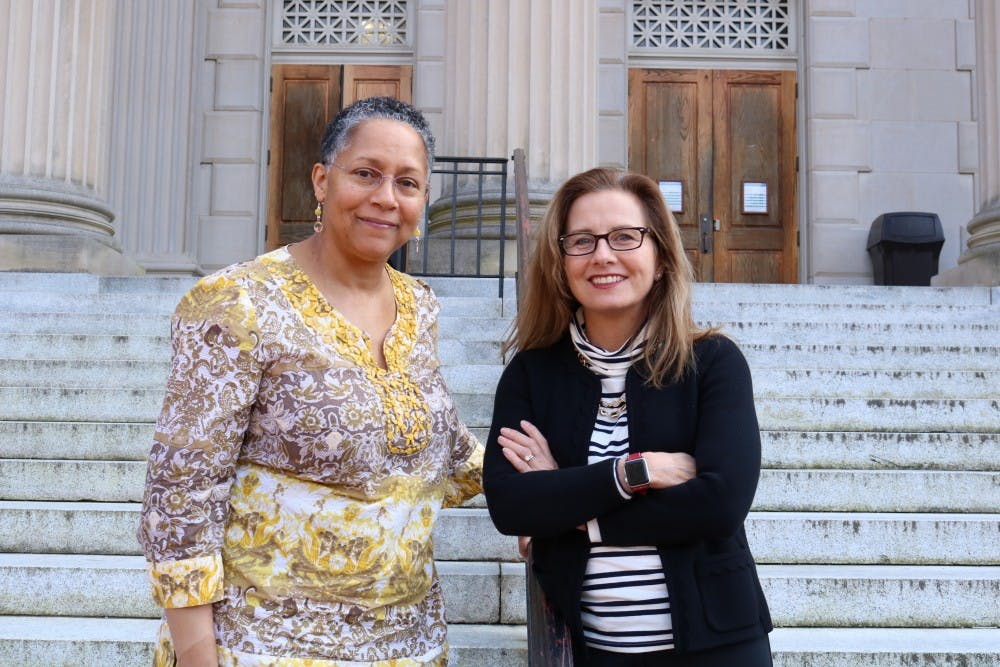CLARIFICATION: An earlier version of this article did not mention that the grant is housed in the Center for Faculty Excellence. It also did not mention that Erin Malloy is a professor in the Department of Psychiatry at the School of Medicine in addition to being the lead principal investigator of the grant.
A nearly one million dollar grant from the National Science Foundation will be used to address the lack of strong mentoring and support that women and minority groups face in science, math, engineering and technology at UNC.
The funding provided by the NSF will go directly toward improving mentoring strategies for women and minority groups.
“Women value mentoring but do not feel like they’re getting it," said Erin Malloy, lead principal investigator of the grant. "What we aim to do is better understand what women and women of color would benefit most from, in terms of mentoring."
Malloy and her team are in the process of designing programs to train faculty on how to most effectively mentor underrepresented groups in STEM fields.
“We are developing interventions that will target the population of faculty that typically values mentor support, and from review of research on mentoring, we see evidence of them not being as supportive,” Malloy said. “For example, we do see that while women start out their careers in academia and in STEM particularly, the pipeline is leaking. Very few of them end up becoming professors.”
According to the NSF, the STEM field is more broad than one might think, said Malloy. It includes natural sciences, social sciences, schools of medicine, pharmacy, public health, library sciences and education.
The grant will seek to empower all faculty, be it mentors or mentees, to better understand and develop stronger relationships with senior administrators to further their career, Malloy said.
“So its not only the ‘tell me what to do’ that comes out of mentoring, but ‘tell me how to be, so that I can take the initiative to develop the relationships that I need to help me succeed,’” Malloy said.




